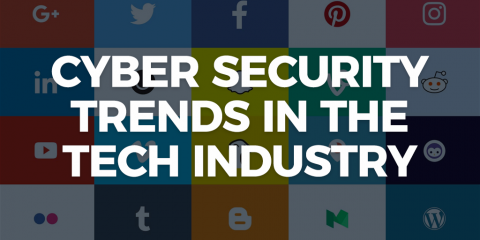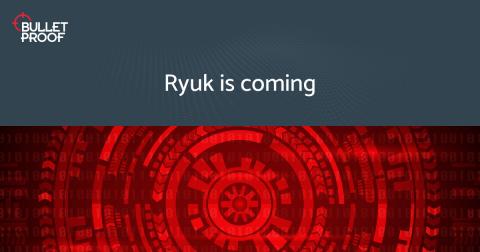Cyber Security Trends in the Tech Industry
Level Setting on Tech Companies Let’s start by defining what a technology company is. Think hardware, software, and technology service companies who are creating a form of technology that others can purchase and utilize. Some of the biggest and most popular players in this space that may come to mind include Facebook, Microsoft, IBM and Google. These companies provide pure technology to their consumers for a price. Though common, the sector is not limited to these types of companies either.










